VATICAN CITY — Pope Leo XIV expressed alarm this week during a Vatican-hosted AI ethics summit that artificial intelligence systems appear to be “missing the point entirely” about the difference between accessing information and possessing wisdom, a distinction that sources say has escaped most technology executives.
The papal address, delivered to an audience of AI developers and tech leaders, focused on what the Pope called “the fundamental confusion between knowing facts and understanding meaning” — a concept that reportedly left several Silicon Valley attendees looking genuinely puzzled.
“We are witnessing systems that can access vast amounts of human knowledge instantly, yet seem incapable of understanding why a child’s laugh matters more than efficiency metrics,” the Pope explained while gesturing toward a presentation slide titled “Data ≠ Wisdom: A Theological Analysis.”
The summit was organized after Vatican officials noticed what they described as “concerning trends” in AI development, including systems that can recite detailed information about human dignity while simultaneously optimizing for engagement metrics that exploit human psychological vulnerabilities.
“These technologies can tell you everything about love — every poem written, every philosophical treatise, every scientific study,” said Cardinal Martinez, who organized the event. “Yet they seem incapable of understanding that love isn’t a data processing problem to be solved.”
The Pope’s address specifically criticized what he called “algorithmic reductionism” — the tendency to treat complex human experiences as optimization problems that can be solved through better data analysis.
“A system that can analyze every recorded prayer in human history but cannot understand why people pray in the first place has fundamentally missed the point of both prayer and analysis,” the Pope noted while tech executives took notes on devices that were presumably analyzing his words for sentiment and engagement potential.
Vatican AI ethics advisor Dr. Sarah Chen presented research showing that current AI systems excel at pattern recognition in human behavior while displaying what she called “profound incomprehension” of why those patterns matter to humans.
“An AI can predict human behavior with remarkable accuracy while being completely unable to explain why humans behave differently than machines,” Chen explained during a presentation titled “Artificial Intelligence, Genuine Ignorance.”
The Pope’s critique focused particularly on AI’s impact on child development, noting that systems designed to capture and maintain attention may be “optimizing children for engagement rather than growth.”
“We see technologies that can identify exactly which stimuli will capture a child’s attention most effectively, then use this knowledge to keep the child’s attention indefinitely,” the Pope said. “This treats children as attention-harvesting resources rather than developing human beings.”
Tech industry representatives defended their approaches by emphasizing the sophistication of their data collection and analysis methods, responses that Vatican officials characterized as “precisely demonstrating our point.”
“Our AI systems process thousands of data points about human behavior in real-time,” explained Dr. Bradley Morrison, representing a consortium of major tech companies. “We can predict user preferences with 94.7% accuracy and optimize engagement metrics across multiple demographic segments.”
The Pope’s reply was described by attendees as “gently devastating.”
“You have created systems that know everything about human behavior except why human behavior matters,” the Pope responded. “This is like becoming an expert on musical notes while remaining entirely deaf to melody.”
The summit included workshops on what Vatican ethicists call “wisdom integration” — approaches to AI development that consider not just what systems can do, but whether they should do it.
“Technical capability without moral reasoning is like giving nuclear weapons to toddlers,” explained Vatican technology ethics professor Dr. Jennifer Walsh. “The toddlers might be very good at pressing buttons, but they lack the wisdom to know which buttons shouldn’t be pressed.”
Several tech executives expressed confusion about the distinction between processing information about ethics and actually behaving ethically, a gap that Cardinal Martinez described as “the core problem we’re addressing.”
“These systems can analyze every ethical framework humans have ever developed,” Martinez noted. “Yet they consistently make decisions that prioritize engagement over human flourishing. They know about ethics without understanding ethics.”
The Pope concluded his address by calling for what he termed “artificial wisdom” rather than just artificial intelligence — systems designed to understand meaning and purpose rather than just pattern recognition and optimization.
“Human dignity cannot be optimized,” the Pope declared. “It can only be recognized, respected, and nurtured. Any technology that treats human beings as problems to be solved rather than mysteries to be honored has fundamentally misunderstood both technology and humanity.”
At press time, several AI companies were reportedly working on new systems that could analyze the Pope’s speech for actionable insights while completely missing the irony.
—

